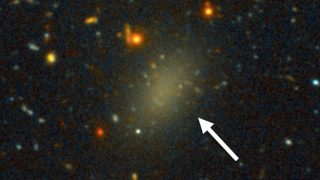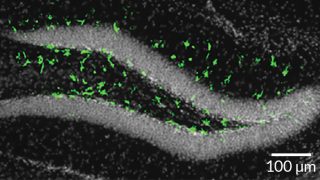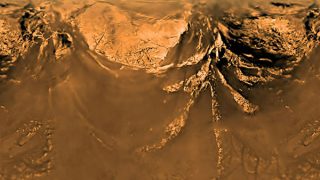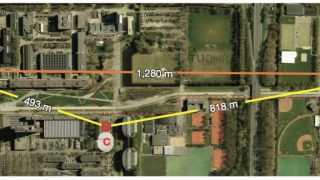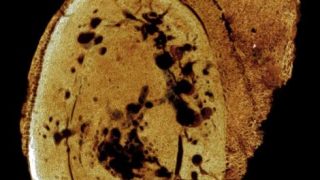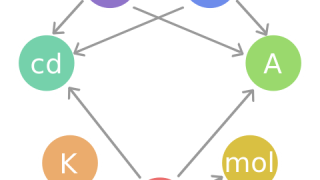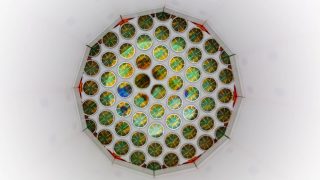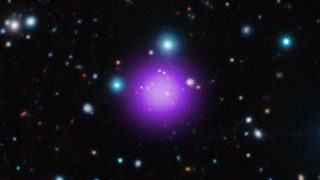
MI weekly selection #197
Humanities & Social Sciences • Science • Technology • Weekly Selection
Astronomers spy most distant galaxy cluster ever observed A young galaxy cluster 11.1 billion light-years from Earth is the most distant ever observed, astronomers say. Multiple space telescopes were used to spot CL J1001+0220, where nine of its 11 galaxies are furiously giving birth to stars. Space.com Dawn images, data locate ice volcano on Ceres […]
